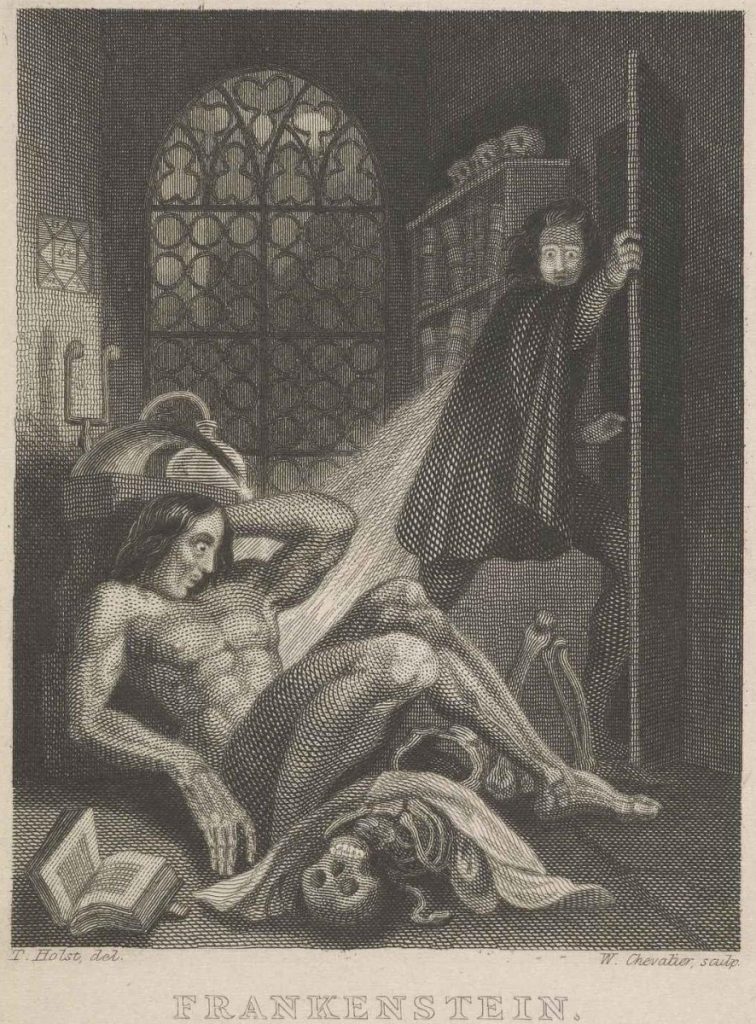Race and Science Fiction: The Fifth Annual City Tech Science Fiction Symposium
Date and Time: November 19, 2020, 9:00AM-5:00PM
Location: Online, Sponsored by the School of Arts and Sciences at the New York City College of Technology, CUNY.
Organizers: Wanett Clyde, Jason W. Ellis, and A. Lavelle Porter
“People who say change is impossible are usually pretty happy with things just as they are.” –N. K. Jemisin, The City We Became
Science Fiction, on a fundamental level, is always about the here-and-now in which it is produced, because it is from that point the author extrapolates an imagined future or alternate reality. The long and hard fight for civil rights and the latest unfolding of that struggle in the Black Lives Matter movement and its alliances calls on us to recognize the powerful possibilities within Science Fiction to imagine change, especially those promoting social justice and equality by writers of color and Afrofuturists, as well as reckon with the field’s patterns of racism, resistance to inclusion, and lack of representation.
The Fifth Annual City Tech Science Fiction Symposium aims to explore the possibilities for change through the myriad connections between Race and Science Fiction with scholarly presentations, readings by authors, and engaging discussion. It is our goal to foster conversations that question, critique, or discuss SF as it relates to Race.
We invite proposals for 10-20 minute scholarly paper presentations, panel discussions, or author readings related to the topic of race and Science Fiction. Please send a 250-word abstract with title, brief professional bio, and contact information to Jason Ellis (jellis@citytech.cuny.edu) by September 30, 2020. Topics with a connection to race and Science Fiction might include but are certainly not limited to:
- Histories of race and Science Fiction.
- Representation of race in Science Fiction.
- Representation of writers of color in the Science Fiction field.
- Inclusion or exclusion of readers and fans due to race.
- Issues of identity, including race, gender, sexuality, ethnicity, culture, etc.
- Subgenres and movements, such as Afrofuturism, Black science fiction, Indigenous Futurism, and speculative fiction by writers of color.
- Race, Science Fiction, and Music, such as Sun Ra, George Clinton, Janelle Monáe, and Outkast.
- Race and Comic Books
- Engagement with civil rights movements in Science Fiction explicitly or metaphorically.
- Pedagogical approaches to teaching race and Science Fiction or teaching about race with Science Fiction.
Due to the uncertainty in the months ahead, the symposium will be held online using a combination of pre-recorded video lectures hosted on the web and real-time interactive discussion on the scheduled day of the symposium using widely available video conferencing software.
This event is free and open to the public as space permits: an RSVP will be included with the program when announced on the Science Fiction at City Tech website (https://openlab.citytech.cuny.edu/sciencefictionatcitytech/). Free registration will be required for participation.
The event is sponsored by the School of Arts and Sciences at the New York City College of Technology, CUNY.
The Annual City Tech Symposium on Science Fiction is held in celebration of the City Tech Science Fiction Collection, an archival holding of over 600-linear feet of magazines, anthologies, novels, and scholarship. It is in the Archives and Special Collections of the Ursula C. Schwerin Library (Library Building, L543C, New York City College of Technology, 300 Jay Street, Brooklyn, NY 11201). More information about the collection and how to access it is available here: https://openlab.citytech.cuny.edu/sciencefictionatcitytech/librarycollection/.





